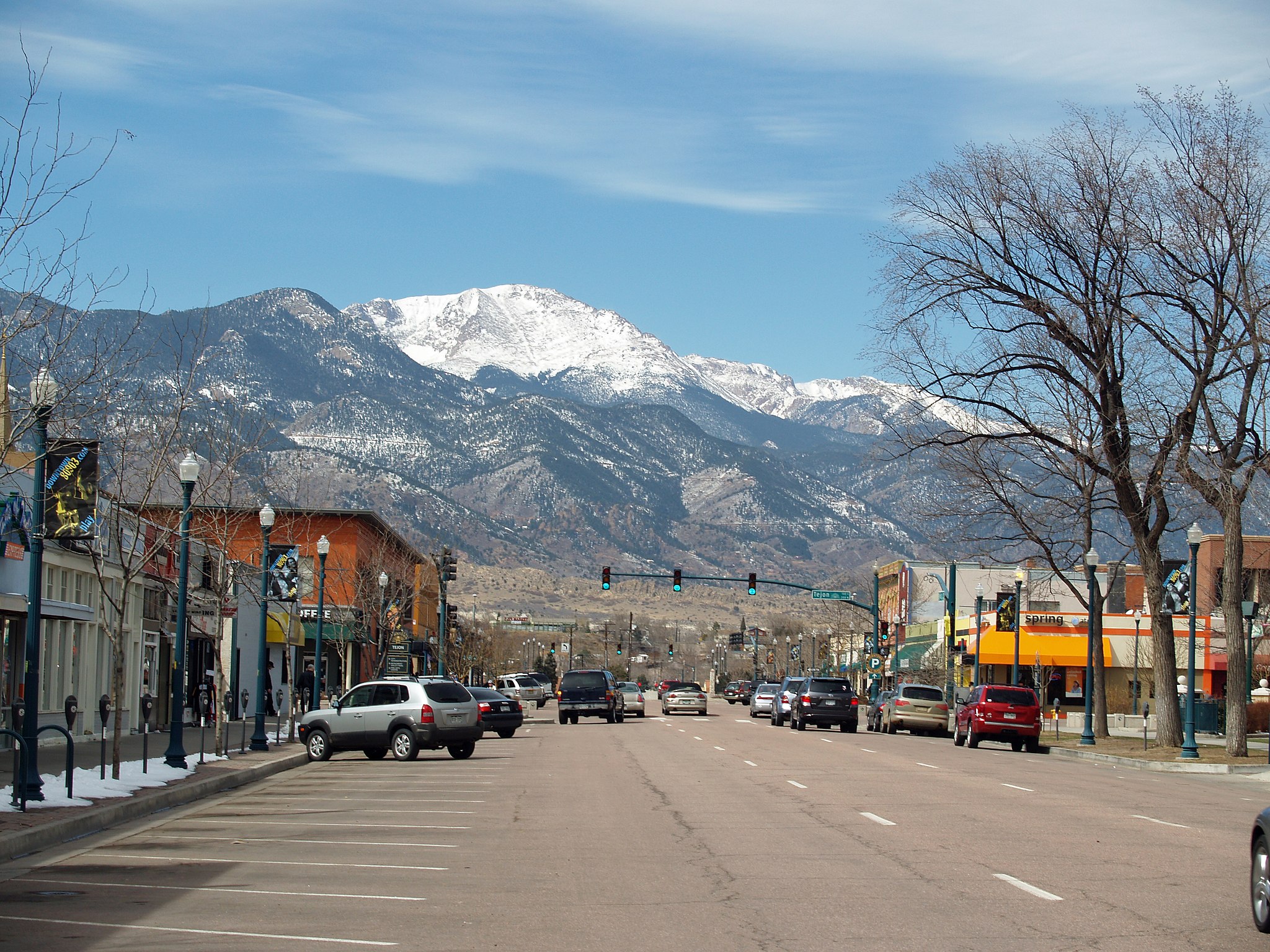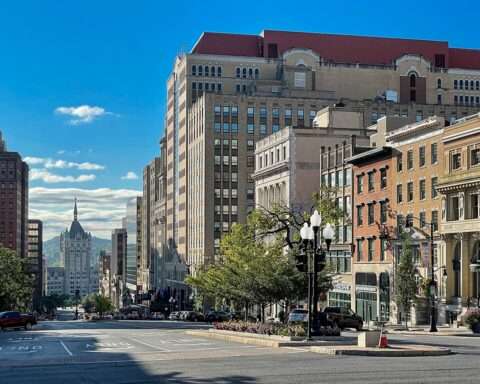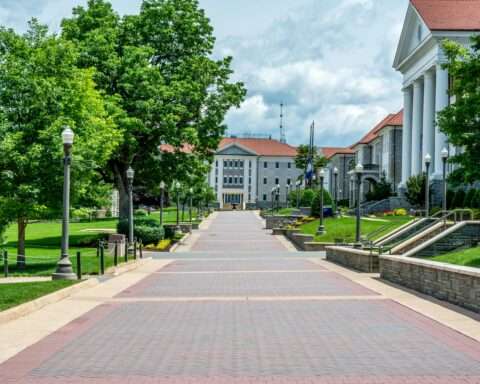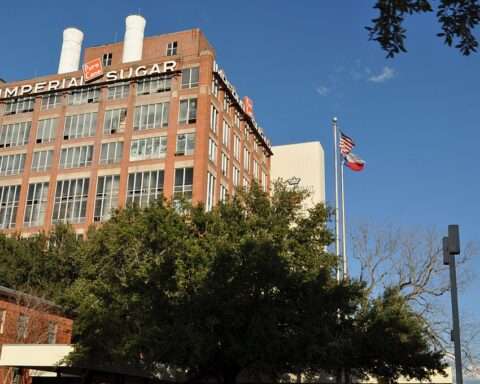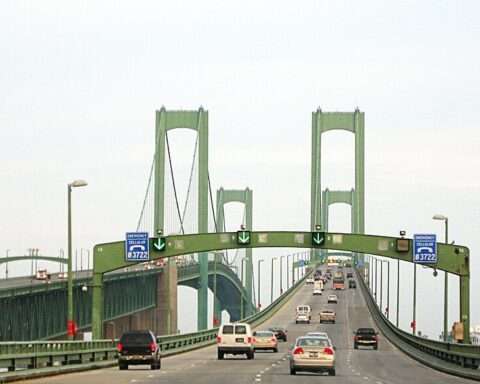Officials in Colorado Springs have learned that a lot can happen in eight years, even when that includes the economic effects of a pandemic. Having signed off on its most recent plan in 2016, the city and its development partners accomplished more than anticipated and are looking for consultants to guide the downtown core through its next transformation.
Because of this unforeseen progress rate, the Colorado Springs Downtown Development Authority (DDA) issued a Request for Proposals (RFP) in August for significant updates to the Experience Downtown Colorado Springs Plan of Development and Master Plan. The DDA expects the revised plan to steer development decisions for a decade after city council adoption, slated for late 2025.
RELATED: New York investing $200 million in downtown revitalization
The DDA is a semi-governmental organization that fosters public and private investment partnerships to encourage physical and economic development through a 5-mill property tax within the district and tax increment financing. It operates under the guidance of an 11-member board appointed by the city council, includes one council member and is managed by Downtown Partnership, a nonprofit, along with affiliates Downtown Ventures and the Greater Downtown Colorado Springs Business Improvement District.
The city first dipped its toes into downtown planning in 1971, though it focused on urban renewal projects rather than taking a more holistic approach. After a series of efforts for more robust solutions by residents and elected officials in the ’80s failed to gain traction, the city adopted its Downtown Action Plan in 1992, which divided the urban core into districts with specific goals for land use and economic growth.
By 2006, these efforts were organized under the Imagine Downtown umbrella, and property owners within the designated core areas voted to establish the DDA.
In 2007, the city council approved the Imagine plan as the basis of future development under state law, kicking off the process that would yield the 2016 Experience Downtown plans.
Focus areas identified for the new downtown plan process include:
- Economic growth, including small businesses, office spaces, housing and education.
- Infrastructure, energy and environmental considerations.
- Arts, culture and recreational activities.
- Management and maintenance, including leadership, policy, safety, inclusivity and environmental sustainability.
- Land use and community character.
- Parks, trails and waterways.
- Mobility, connectivity and parking solutions.
- Public spaces and urban design.
Proposals must be sent electronically to susan@downtowncs.com by 5 p.m. Sept. 30, with “Experience Downtown Plan” in the subject line. Full details on proposal requirements are available in the RFP. Officials expect the timeline to roughly follow this schedule:
- By October 2024: Contractor selection.
- Q4 2024: Orientation, framework design, review of data and existing related plans, early focus groups or stakeholder interviews.
- Q1 2025: Broad stakeholder engagement.
- Q2 2025: First draft of amended and restated Plan.
- Q3 2025: Draft reviews with stakeholder input.
- Q4 2025: Approvals.
Photo courtesy David Shankbone



